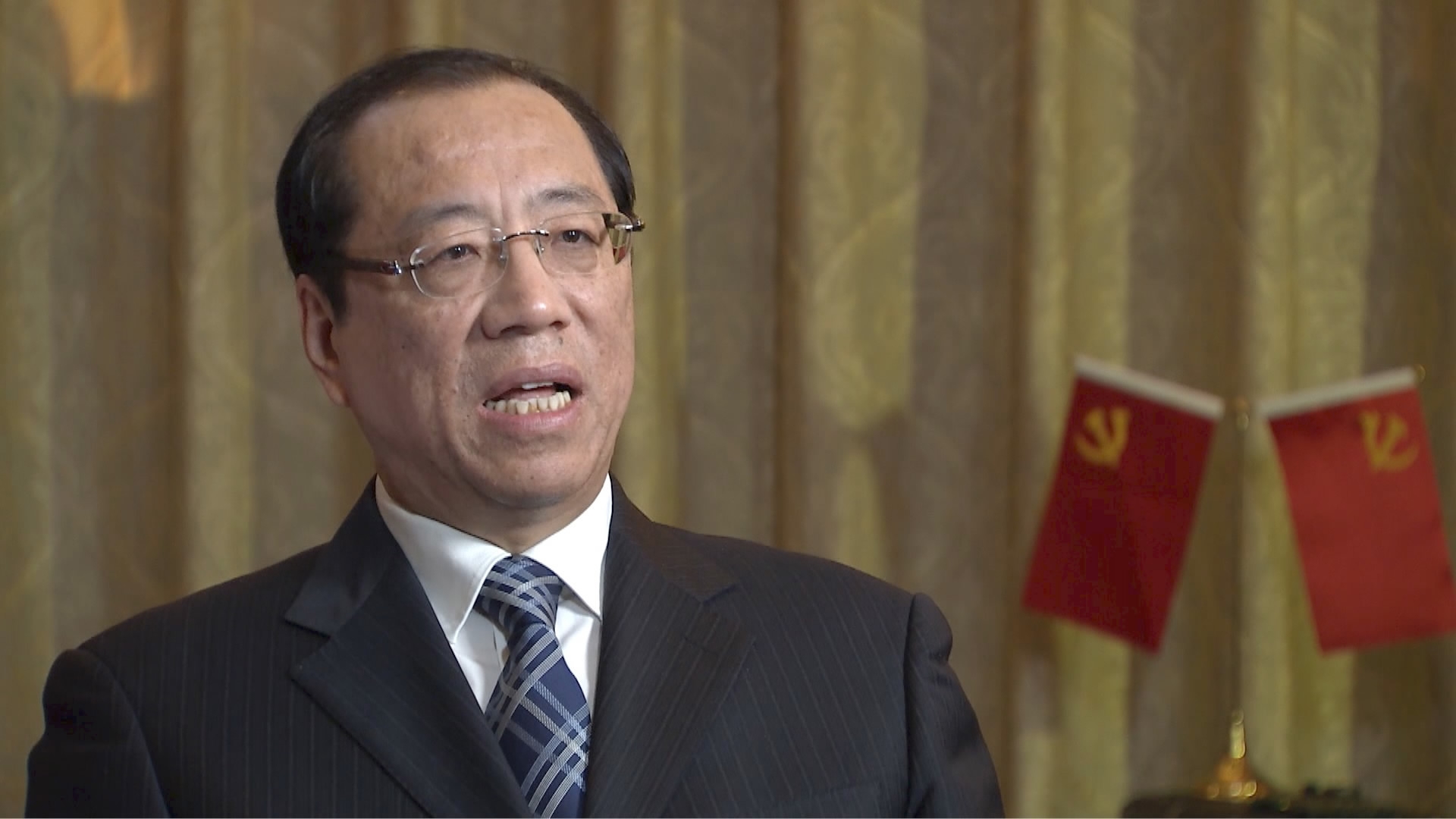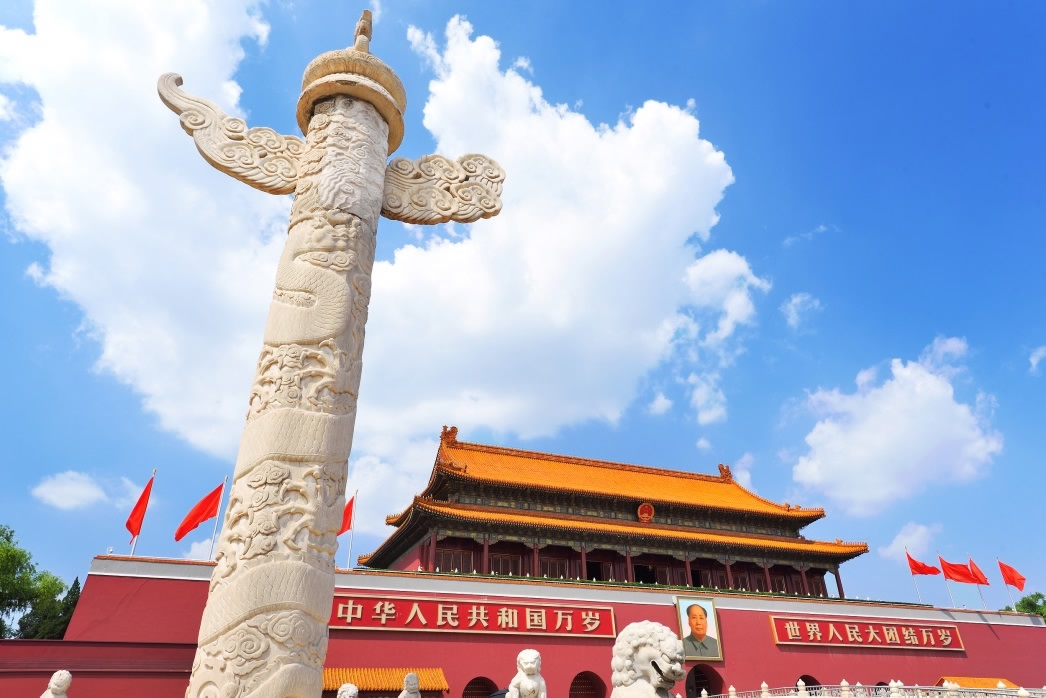
China
17:20, 25-Oct-2017
Constructing a legal system in the new era
By CGTN's Robert Lawrence Khun

In his report to the 19th CPC National Congress, General Secretary Xi Jinping pointed out that “socialism with Chinese characteristics has entered a new era.” In the two-stage development plan for the period from 2020 to 2050 to develop China into a “great modern socialist country,” the rule of law has been pushed into a very important position.
According to this plan, in the first stage from 2020 to 2035, the CPC will build up a moderately prosperous society, as well as a country, government and society based on the rule of law. Xi’s report has highly emphasized the significance of comprehensively strengthening the rule of law and it will serve as the general framework for implementing the rule of law in the new era. The Party will set up a central leading group for advancing law-based governance in all areas. “The move, with the aim of building the rule of law in the country, is a profound revolution in the country's governance,” Xi said.
From a theoretic point of view, what will it look like in the target day, 2035? How would it differ from the way of today? R.L. Kuhn, the host of CGTN's Closer to China with R.L. Kuhn, interviewed Zhang Sujun, vice president of the China Law Society, to comprehend the ideal state of legal construction in 2035.
“According to General Secretary Xi Jinping’s requirement and vision, we will basically build a country, government and society based on the rule of law around 2035. And I think China at that time will enjoy the following features,” Zhang said.

Tian'anmen, Beijing, China / CGTN Picture
Tian'anmen, Beijing, China / CGTN Picture
"First, in terms of legislation, a relatively comprehensive legislative system will be put in place by then. Specifically, important codes like the Civil Code, Criminal Law, Administrative Law will become more comprehensive, well-coordinated and systemic. So will those special and specific laws, which will together compose a more extensive and harmoniously integrated legal network, covering every aspect from economics, politics, culture, society, to environmental protection, etc. It would be fair to say that at that time, we will basically solve the issue of 'having laws to abide by.'"
“Second, establishment of a law-based government will be basically completed, with the majority of legal staff consciously working to advance administration according to the law and people enjoying more open, transparent and diversified channels of supervision over government work.”
“Third, judicial justice will be upheld with marked increase in efficiency. As General Secretary Xi has advocated, we will enable the Chinese people to feel the government’s pursuit of fairness and justice in every individual judiciary case. Still more, the law will be observed by everyone. People will be well cultivated in legal knowledge and equipped with greatly increased awareness of law. In particular, obedience to law and belief in law will be a pervasive characteristic hard-wired in people’s minds where they will immediately resort to legal assistance in the face of thorny issues or conflicts. They will more voluntarily and consciously abide by laws.”
The establishment of a legal system has never been pushed into such a significant position, and undoubtedly, building legal structures will be further accelerated and pushed forward after the congress. “I believe a society as such would be one that is well-managed and well-operated under the rule of law which features greater harmony, stability, prosperity and vitality. So this is my vision of 2035 when we basically realize the establishment of a country, government and society based on the rule of law,” Zhang Sujun concluded.

SITEMAP
Copyright © 2018 CGTN. Beijing ICP prepared NO.16065310-3
Copyright © 2018 CGTN. Beijing ICP prepared NO.16065310-3